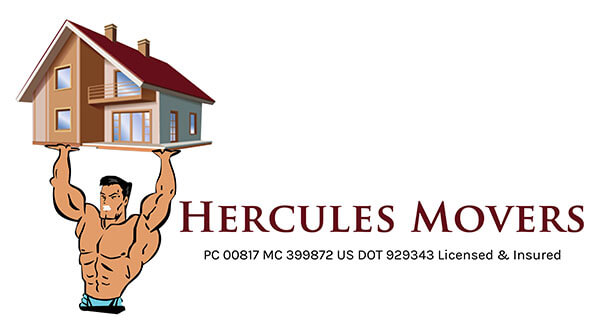When Can You Claim Moving Expenses As A Tax Deduction
If you’ve moved recently, you may be wondering if you can deduct your moving expenses on your taxes. The good news is that, in most cases, you can claim moving expenses as a deduction. This can help to offset the cost of your move and make it more affordable.
In order to claim moving expenses, there are a few requirements that must be met. First, the move must be related to your job or business. This means that you must be moving for work-related reasons such as starting a new job or relocating for work. Second, the move must be at least 50 miles away from your old home. And third, you must meet the time test, which requires that you work full-time at your new job for at least 39 weeks out of the first 12 months after you move.If you meet these requirements, you can claim moving expenses for things like travel costs, packing and shipping your belongings, and storage fees. You can also deduct the cost of connecting or disconnecting utilities at your new home.
When it comes time to file your taxes, you will need to itemize your deductions in order to claim your moving expenses. This means that you will need to complete Schedule A of Form 1040. Be sure to keep all receipts and documentation related to your move so that you can accurately report your expenses come tax time.
Who can claim moving expenses?
Generally, anyone who meets the requirements mentioned above can claim moving expenses on their taxes. This includes both employees and self-employed individuals. However, there are a few exceptions. For example, members of the military who are relocating for work are not eligible to claim moving expenses. Additionally, if you are moving due to a change in ownership of your company or because you have been laid off, you will not be able to deduct your moving expenses.
What are the requirements for claiming moving expenses?
In order to deduct moving expenses, you must meet three requirements: the move must be related to your job or business, the move must be at least 50 miles away from your old home, and you must meet the time test.
The first requirement is that the move must be related to your job or business. This means that you must be moving for work-related reasons such as starting a new job or relocating for work.
The second requirement is that the move must be at least 50 miles away from your old home. This distance is measured by the shortest route possible between your old home and your new workplace.
The third and final requirement is known as the time test. In order to meet this test, you must work full-time at your new job for at least 39 weeks out of the first 12 months after you move. There are a few exceptions to this rule, such as if you are moving due to a change in ownership of your company or if you have been laid off.
What counts as a qualified moving expense?
Qualified moving expenses include things like travel costs, packing and shipping your belongings, and storage fees. You can also deduct the cost of connecting or disconnecting utilities at your new home.
To deduct travel costs, you can either claim the standard mileage rate or actual expenses incurred. The standard mileage rate for 2019 is 19 cents per mile. Actual expenses incurred include things like gas, oil changes, and tolls. Whichever method you choose, be sure to keep detailed records and receipts.
Packing and shipping your belongings can also be deducted as a moving expense. This includes the cost of renting a truck or trailer, as well as the cost of packing materials such as boxes and tape. If you hire professional movers, you can also deduct the cost of their services.
Storage fees can also be deducted as a moving expense. This includes the cost of storing your belongings for up to 30 days while you are in transit.
Finally, the cost of connecting or disconnecting utilities at your new home can also be deducted. This includes things like electricity, gas, water, and sewage.
How do you claim moving expenses on your taxes?
When it comes time to file your taxes, you will need to itemize your deductions in order to claim your moving expenses. This means that you will need to complete Schedule A of Form 1040. Be sure to keep all receipts and documentation related to your move so that you can accurately report your expenses come tax time.
For more information on claiming moving expenses on your taxes, be sure to speak with a tax professional or visit the IRS website.
With these requirements and guidelines in mind, you can start planning your move and budgeting for your expenses. Be sure to keep all receipts and documentation so that you can accurately report your expenses come tax time. With a little preparation, you can deductible moving expenses on your taxes and save yourself some money.





